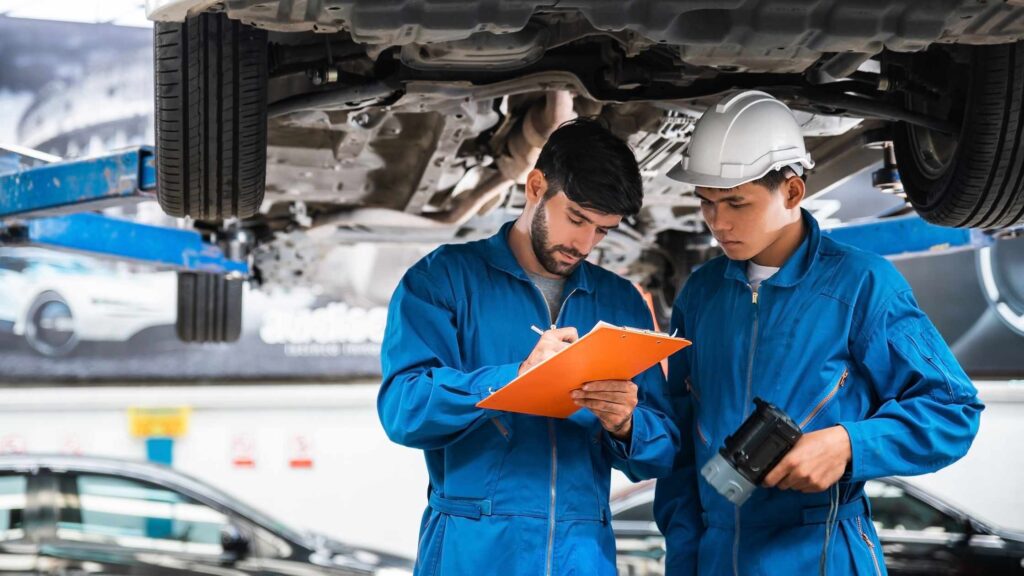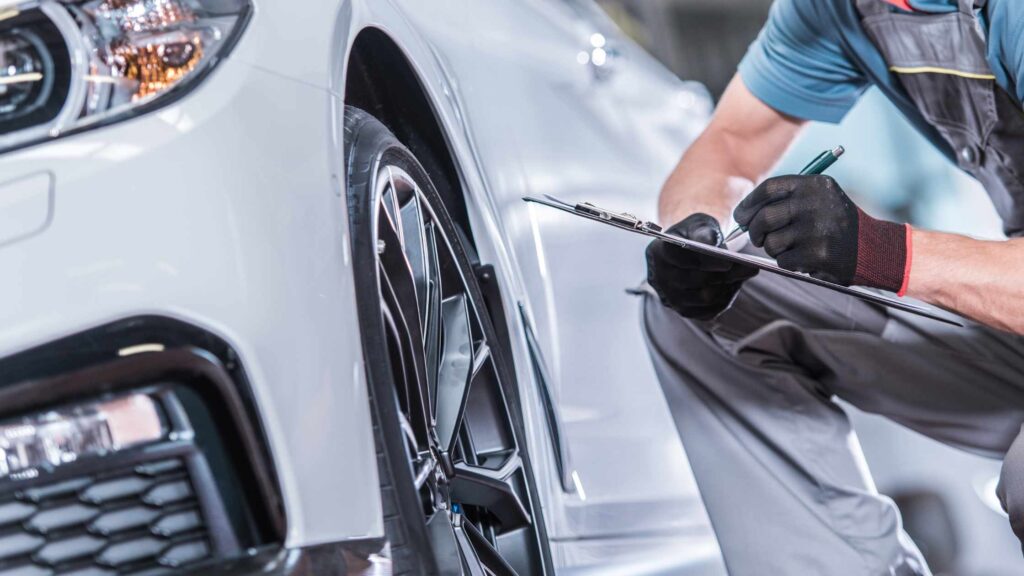Introduction
Keeping your vehicle in top shape is essential for both its performance and longevity. Regular car maintenance not only helps prevent costly repairs but also ensures your safety on the road. By following a comprehensive car maintenance checklist, you can stay on top of necessary tasks and keep your vehicle running smoothly. In this article, we will discuss the essential car maintenance tasks that every car owner should know.
Engine Oil and Filter
One of the most critical maintenance tasks is changing your engine oil regularly. Engine oil lubricates the engine’s internal components, reducing friction and preventing excessive wear and tear. Over time, the oil becomes contaminated with dirt and debris, losing its effectiveness. By changing the oil and filter at the recommended intervals, typically every 3,000 to 5,000 miles, you can optimize engine performance and prolong its lifespan.
Tire Inspection and Rotation
Proper tire maintenance is crucial for your safety and fuel efficiency. Regularly inspect your tires for any signs of damage, such as cuts or bulges, and check the tire pressure using a gauge. Underinflated or overinflated tires can affect handling and fuel economy. Additionally, rotating your tires every 6,000 to 8,000 miles ensures even tread wear and extends their lifespan.
Brakes and Brake Fluid
Brake maintenance is essential for your safety on the road. Inspect your brake pads regularly for wear and replace them if they are excessively worn. Squeaking or grinding noises when braking may indicate the need for immediate replacement. Additionally, check the brake fluid level and ensure it is within the recommended range. Brake fluid should be replaced every two years or as specified by the manufacturer.
Battery Maintenance
A well-maintained battery ensures that your vehicle starts reliably. Check the battery connections for any corrosion and clean them if necessary. It is also advisable to have the battery tested regularly to ensure it is holding a sufficient charge. If your battery is more than three years old or showing signs of deterioration, consider replacing it to avoid unexpected breakdowns.
Air Filter Replacement
The air filter prevents dirt and debris from entering the engine, ensuring clean airflow. A clogged or dirty air filter can reduce fuel efficiency and engine performance. Check your air filter regularly and replace it if it is dirty or damaged. Typically, air filters should be replaced every 12,000 to 15,000 miles, but this can vary based on driving conditions.
Fluid Levels Check
Regularly inspecting and topping up fluid levels is an essential part of car maintenance. Check the levels of coolant, power steering fluid, windshield washer fluid, and transmission fluid. Low fluid levels can cause overheating, poor steering response, or compromised visibility. Refer to your vehicle’s owner’s manual for the specific fluid types and recommended maintenance intervals.
Belt and Hose Inspections
Belts and hoses play a crucial role in your vehicle’s functionality. Inspect them regularly for signs of cracks, fraying, or bulges. A worn-out belt can cause engine overheating or alternator failure, while a damaged hose can lead to coolant leaks. Promptly replace any worn or damaged belts and hoses to prevent more extensive damage.
Lights and Signals Check
Properly functioning lights and signals are crucial for your safety on the road. Regularly inspect your headlights, taillights, brake lights, and turn signals to ensure they are working correctly. Replace any burnt-out bulbs promptly. It’s also a good idea to clean your headlights to maintain maximum visibility.
Regular Professional Inspections
While it’s essential to perform regular maintenance tasks yourself, professional inspections are also necessary. Schedule regular visits to a trusted mechanic who can thoroughly inspect your vehicle, identify potential issues, and provide expert recommendations. They have the knowledge and equipment to perform more in-depth diagnostics and ensure your vehicle is in top condition.
Summary
A well-maintained vehicle not only saves you from unexpected breakdowns but also extends its lifespan and enhances your safety on the road. By following a comprehensive car maintenance checklist, you can stay on top of essential tasks and address potential issues before they become major problems. From regular oil changes to tire rotations, inspecting brakes, and keeping fluid levels in check, the checklist covers all the crucial maintenance tasks. Remember to consult your vehicle’s owner’s manual for specific recommendations. With consistent attention to maintenance, you can enjoy a reliable and high-performing vehicle for years to come.







